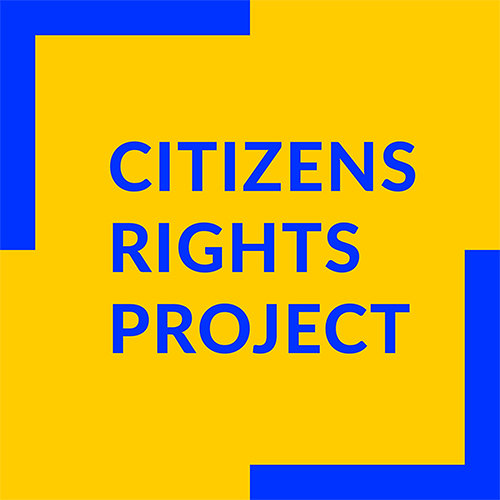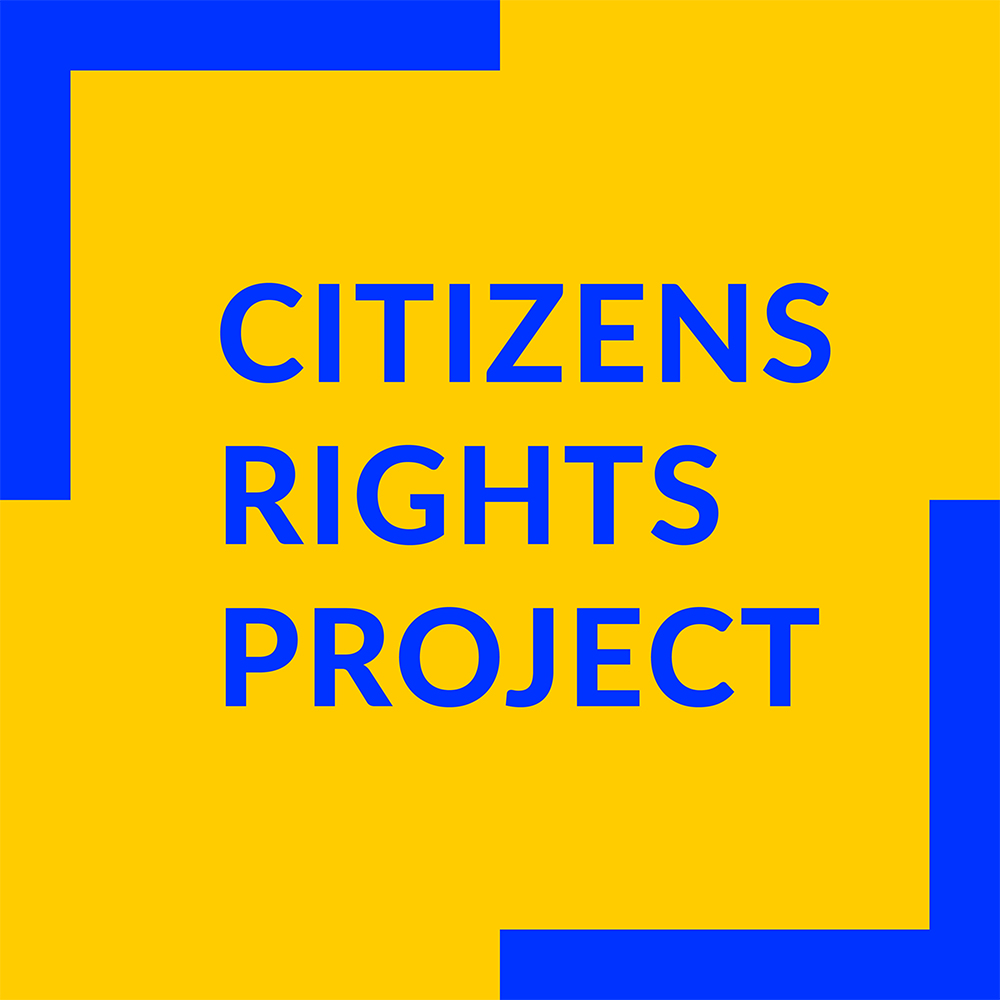
Briefing: Children of migrants in the UK
This briefing created by the Migration Observatory at the University of Oxford examines what we know about children of migrants who are under age 18 living in the UK. It looks at numbers and shares of foreign-born and non-UK citizen children, immigration statuses and pathways to citizenship, economic circumstances, and academic performance.
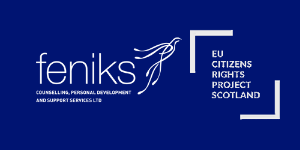
Brexit and Mental Health
This research conducted by Robert Gordons University and Feniks shows how EU citizens living in Scotland have been affected by Brexit.
You can download the report here.

“Brexit, the EU and You” by Europe Street News
“Brexit, the EU and You” is a survey by Europe Street News designed to test attitudes, expectations and fears of EU nationals in the UK and British
nationals in other EU countries, and to gauge their information needs on post-Brexit rights.
The report published in September 2019 is available here.
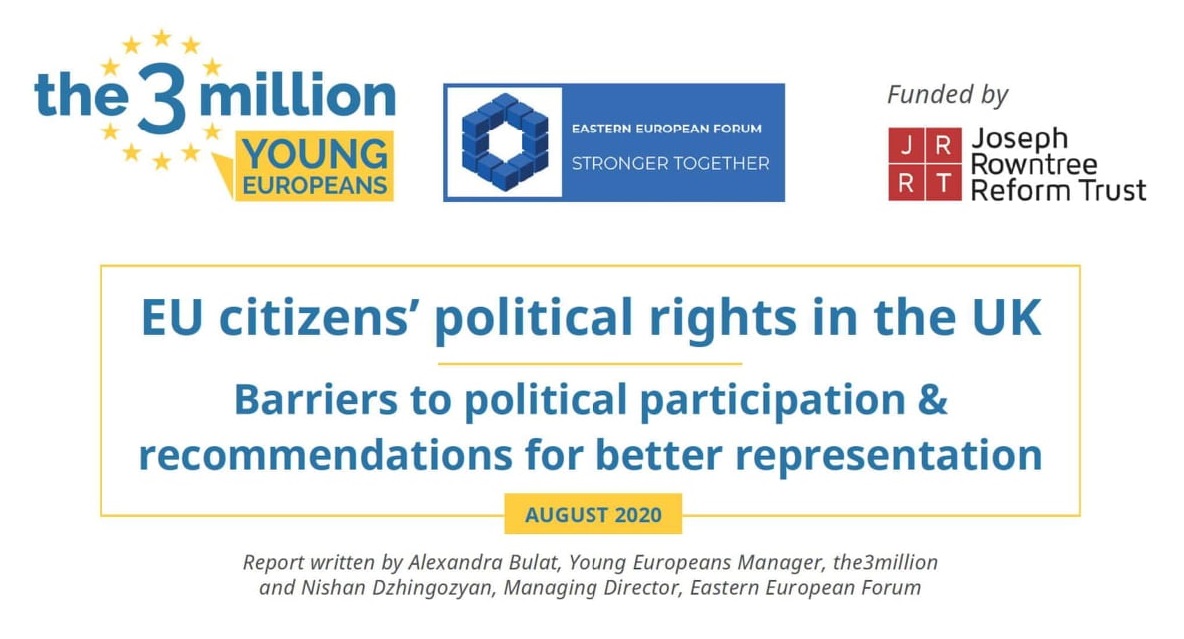
EU citizens’ political rights in the UK: Barriers to political participation & recommendations for better representation
Report on political participation and representation of EU citizens in the UK.was written by Alexandra Bulat, Young Europeans Manager, the3million and Nishan Dzhingozyan, Managing Director, Eastern European Forum.

EU Settlement Scheme Statistics
The Home Office is regularly publishing statistics on EU Settlement Scheme applications. You can find them on this link.
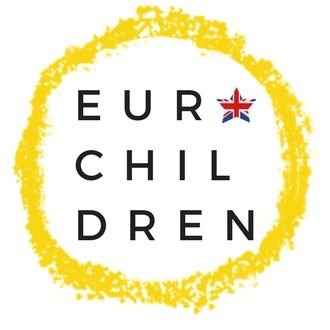
Eurochildren research
Eurochildren.info team comprising University of Birmingham’s researchers in the fields of migration and integration, migrants’ rights advocates, community organisers and legal experts has published two reports on EU citizens in Scotland:
EU nationals and their children in Scotland: a growing demographics by Dr Laurence Lessard Phillips.
EU families in Scotland after the Brexit referendum: fears, hopes and belonging by Prof. Nando Sigona and Dr Marie Godin.
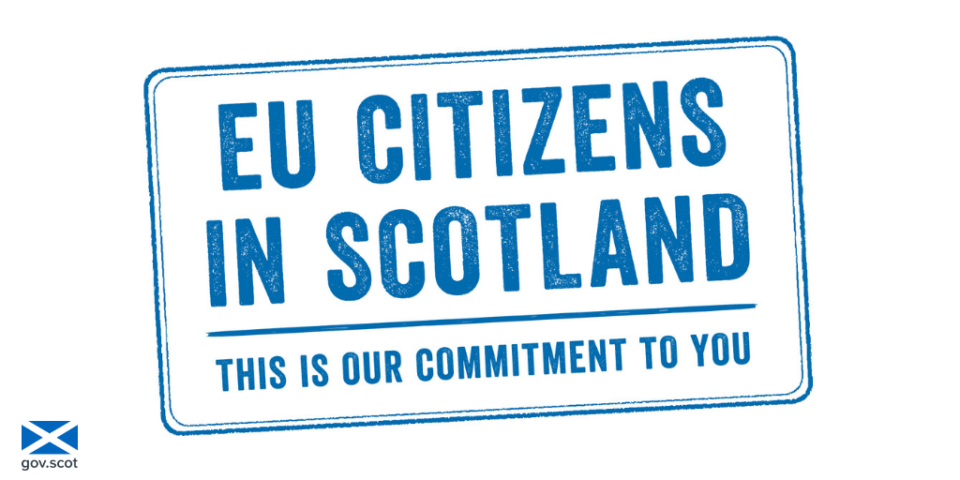
Local level Brexit vulnerabilities in Scotland: Brexit Vulnerabilities Index (BVI)
This research identifies areas of Scotland that are expected to be most vulnerable to the consequences of Brexit, and what drives those risks to support local authorities and other organisations in understanding local risks around EU exit.
You can read the report here.
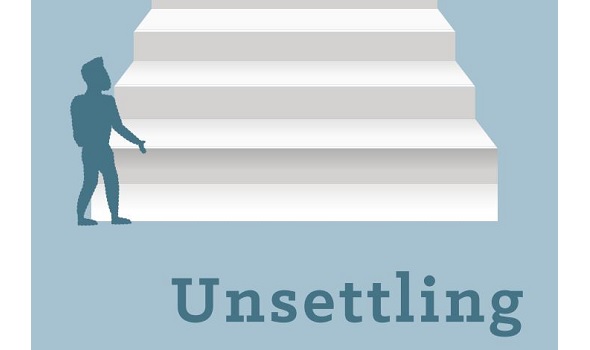
Unsettling: A report on the EU Settlement Scheme
In November 2019 Migrant Voice published their report based on responses to a survey that they conducted online in summer 2019, open to anyone eligible to apply to the Settlement Scheme, whether they had already applied or not. It was also open to organisations working with EEA nationals.
You can rad the report here.

Unsettled Status – 2020: Which EU Citizens are at Risk of Failing to Secure their Rights after Brexit?
This report by the Migration Observatory at the University of Oxford looks at the vulnerable EU citizens who are at risk of becoming “irregular migrants” after Brexit.
Unsettled Status 2020, which updates previous analysis undertaken in 2018, identifies the groups who may be at risk of falling through the cracks and provides data on their likely numbers. Many are among society’s most vulnerable, such as children and young people who have grown up in care; members of the migrant Roma community; elderly people, and long-term residents who do not realise they need to apply.
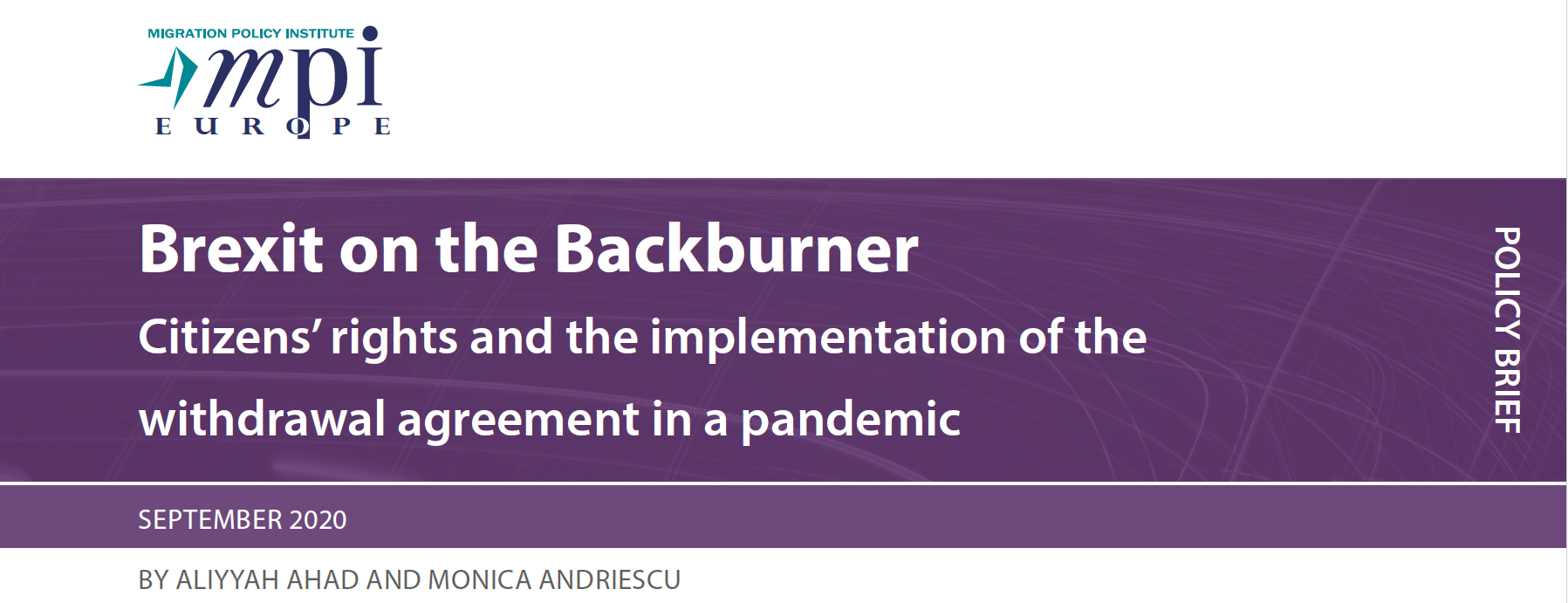
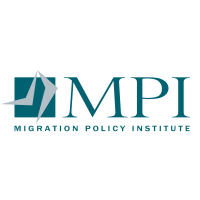
Just weeks after the United Kingdom’s formal departure from the European Union on January 31, 2020, the COVID-19 pandemic hit Europe with full force. The outbreak drew public and political attention away from the implementation of the withdrawal agreement, while also straining many public administrations, including agencies responsible for residency applications. With the clock ticking down on the transition period, set to end on December 31, 2020, many EU countries have yet to announce the details of the systems that will govern the future status and rights of their UK-national residents.
This brief sets out steps governments on both sides of the Channel can take in the coming months to “pandemic-proof” their implementation plans. These include: investing in smart outreach to would-be applicants, streamlining status-adjustment processes, and supporting civil-society groups that can help applicants through the process.
